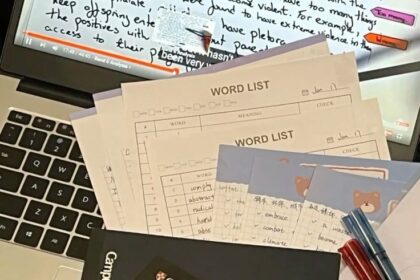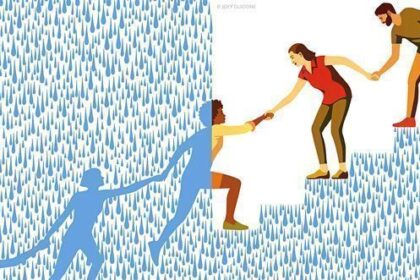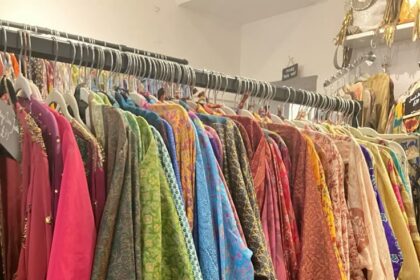Where Does It Hurt? Everywhere:
In Warsan Shire’s poem, “What They Did Yesterday Afternoon,” an insight has been given into the globalised and universal phenomenon of suffering: how humans are characterised by loss and pain, and that to grieve is a greater degree of humanisation than to err. None is human without loss, but one of the longer slants of hope, whose glimmer births optimism, is the confidence and security of having a homeland and the attached feeling of belonging and being present. When even that light fades, what remains?
The Colour of Blood:
When countries bleed, the blood-red hue is due to the rupture of families and the squelching of culture being erased. Hope droops a little at first, then becomes a hunchback before finally crumbling into a rounded mass, with her frail arms wrapped around her knees and her head resting on the unpaved street, the rubble piercing her wrinkled cheek upon which falls a single tear of despair.
The Last Candle:
Amidst darkness and despair, there is a single candle of hope that, albeit wavering and flickering, goes a long way. That flame is none other than social media platforms, which have provided the scattered and neglected with a medium through which they may be seen, heard, and included as a part of history.
Comedic Relief:
Many content creators belonging to war-stricken countries use humour as a form of expression, utilising light jabs and subtle cultural hints in their videos to convey a message; for the wise, even a gesture is sufficient. For instance, the Furrha family, a family based in the United States and having Palestinian roots, occasionally makes light-hearted videos where they make references to their culture, with the intent that it may be preserved. Similarly, Tahmina Aziz is a Canada-based content creator who was born and raised in Afghanistan. She also makes no effort to hide her Afghan identity and creates short, engaging videos with ample indications of her culture and heritage, exemplifying that you may take out the people from the country, but not the country from its people.
An Online Presence:
In this era, an online presence cannot be neglected, seeing the impact creators have managed to bring about with a digital presence, single-handedly. Noor Azizah is the founder of “Maiyafuinor,” an organisation through which she empowers the women and refugees of Rohingya (an area of Rakhine state near Myanmar), prioritising human rights and autonomy, and acting as their voice. She informs the world of the ongoing violence against Muslims in Rakhine State while simultaneously trying to resolve their issues. Similarly, Ro Yasin is a YouTuber from Rohingya who creates videos capturing the conditions of his area and articulately describing the causes and reasons behind the hateful agenda that the government of Myanmar has against them.
News or Desensitisation of the Public?
If people are relying on social media as their primary source of staying connected to the world, and many are learning about ongoing crises from these very personalities, then, pray tell, what are the news agencies doing, other than desensitising the public? If authorised personnel are not being pressured into taking appropriate actions against the war crimes and introducing reforms for the protection of the innocent, then what, other than marketing off the deaths of the masses and gaining views, is going on? Are people being informed or desensitised, given that reporting is done with hip background music and flashy headlines?
What Goes Down in History:
Refugees have taken it upon themselves to rewrite and shape history, ensuring that they have a role in it too, that their names are not left out of history textbooks, but in all honesty, is this enough? Deep down, we all know that it isn’t. Although they are narrating their points of view to the people who are, in turn, showing solidarity by protests (an honourable mention of Greta Thunberg is inevitable), actual, momentous steps are required for the actualisation of a solution. Organisations like the United Nations ought to step in as actual representatives and protectors of these people and amplify their voices, rather than suppressing them. Even if the Palestinians, Kurds, and Rohingyan Muslims are erased, the eyes that saw will never forget; the ears upon which the cries of children fell will always echo with it, and the mouth that quivered in an attempt to suppress tears when they saw these atrocities will never forget. No human will forget, and no true textbook will mould this. People shall speak up till the end of time.
















